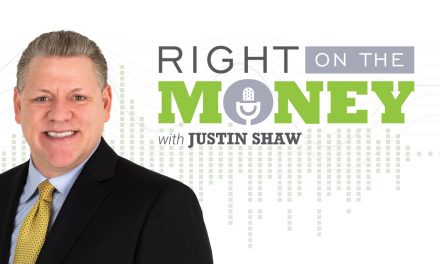Your Retirement Dreams May Quickly Regress into a Nightmare
No one wants to live in a nursing home with strangers, especially in a state-run facility. To underscore this factoid, you need to see your future now by going on reconnaissance missions to a state-run nursing home well before your 60th birthday. It will be a shock-and-awe experience that will revolutionize your thinking about saving money for elder care. Watch the interview with retirement specialist Steve Bishop.
Spending down your money to qualify for government assistance to pay for your elder care is the great rouse of retirement. Burning through assets to qualify for state-run, long-term care is like purchasing a ticket on the Titanic for a basement cabin shared with a stranger. It’s just not worth it to spend down assets as a retirement strategy.
If it isn’t spending down assets, it’s hiding assets. Good luck with that. Not surprisingly, in the age of information technology, the government has become quite adept at tracking assets down. The government loves to prosecute illegal activity, especially when taxpayer-funded benefits are involved. Fraud ranks as a big-time priority for federal prosecutors.
The next generation of retirees is the baby boomers. Seventy percent of the prior generation used some form of senior care. Boomers have a new challenge to deal with their parents never had: the risk of longevity. With increased longevity, the odds are high, perhaps as high as 85 percent, that boomers will need elder care assistance.
Long-term care insurance is an option if you’re healthy enough to qualify for it. Hybrid insurance policies that use life insurance or annuity contracts with long-term care riders are also an option, if the math works—but it doesn’t always work. Self-funding for the affluent and uber-wealthy is a good option for people with money, but not for middle-class or lower-income seniors.
One option to consider is called the home equity appreciating line of credit under the Home Equity Conversion Mortgage program for seniors over age 62. The equity line of credit increases annually uncorrelated to the value of your home. If you’re in your retirement home, you could secure an equity line of credit that can serve as a money reserve for elder care home assistance and home retrofitting for geriatric living. If you need elder care assistance or alterations on your home, you can borrow from the appreciating line of credit without paying annual interest or paying off the loan as long as you live in the home as your prime residence.
You need to discuss this strategy with a certified HECM loan officer, your financial advisor and your beneficiaries to see if it’s appropriate for your situation.
Syndicated financial columnist Steve Savant interviews retirement specialist Steve Bishop. Right on the Money Show is an hour long financial talk distributed to 280 media outlets, social media networks and financial industry portals.




